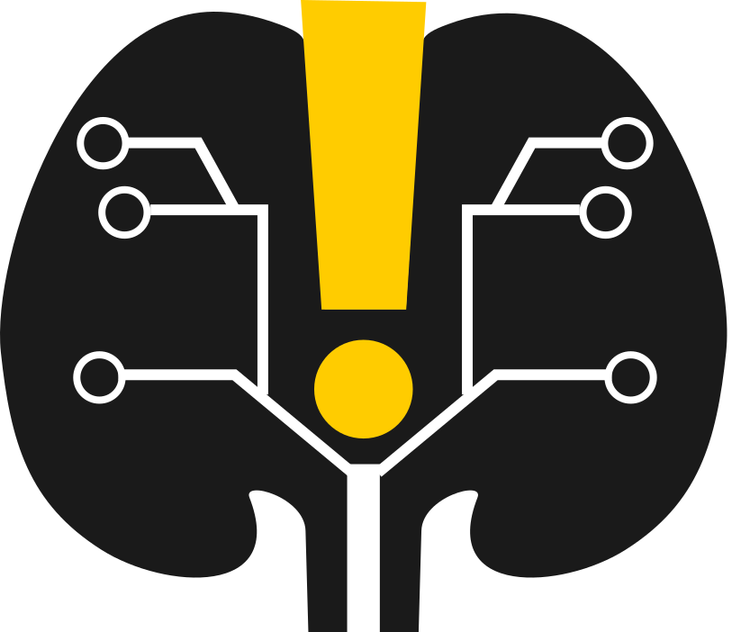Interventional Data Science Project
Overview: Our goal is to use cutting-edge data analytics to directly improve the care of patients treated within the healthcare system. To that end, we use advanced data processing and machine-learning techniques to predict which patients are at highest risk of certain outcomes, and who will benefit most from certain interventions. Our key philosophy is to not only develop new methods and evaluate existing methods, but to apply those methods in real-world scenarios to improve patient outcomes. We seek to advance and rigorously evaluate these systems in a clinical context to determine if patient care can truly benefit from these novel tools.
Specific Studies:
1) Acute Kidney Injury Alerts
Acute kidney injury (AKI) affects up to 20% of hospitalized patients, and increases the risk of dying in the hospital by a factor of 10. However, AKI is asymptomatic and can go unrecognized by even well-trained medical providers. Given that, automated detection of AKI coupled with provider alerting has the potential to improve outcomes. We are conducting three randomized trials of AKI alerts to evaluate the ability of alerts to slow the progression of AKI, avoid dialysis, and save lives.
Electronic Alerts for Acute Kidney Injury Amelioration (ELAIA-1): Active. This trial will randomize roughly 6000 patients with AKI to AKI alerts or usual care with a goal of determining whether alerts reduce the rate of worsening of acute kidney injury, dialysis, or death.
ELAIA-2: Anticipated Start January 2019. This trial will randomize patients with AKI who are receiving a kidney-toxic medication to alerts (highlighting the particular medication) versus usual care.
ELAIA-3: Anticipated Start January 2020. This trial will use an advanced machine-learning technique known as uplift modeling to target AKI alerts to a subset of patients who are most likely to benefit, reducing alert fatigue and improving overall effectiveness.
2) Predicting Imminent AKI
While AKI carries substantial risk, there remains no therapeutic intervention that can alter the course of AKI once it develops beyond optimizing usual care. Our AKI Tomorrow studies use a real-time predictive model to identify hospitalized patients who are at risk of developing AKI within the next 24 hours.
AKI Tomorrow – Pilot Phase: Currently active. This study will enroll 30 patients we predict may develop AKI in the next 24 hours. After informed consent, we obtain blood, urine, and access to their electronic medical record to determine the accuracy of our algorithm and measure biomarkers to understand the underlying pathophysiology in order to guide the additional steps can be taken to improve their care.
AKI Tomorrow – Full Study: Anticipated Start Jan 2019: By exporting data to an "artificial intelligence" server, we can create models that predict AKI with much greater fidelity and feed those predictions back into the clinical system.
Future Directions: We will integrate this predictive engine with clinical laboratory medicine to facilitate reflex testing of residual blood samples to augment the information already available in the electronic health record. Additionally, we will evaluate if our AKI tomorrow model can meaningfully improve care for hospitalized patients by randomizing to usual care vs. prediction-based intervention.
CONTACT US:
F. Perry Wilson, MD, MSCE
Email : francis.p.wilson@yale.edu
Office : 203.737.1704
Fax : 203.764.8373
